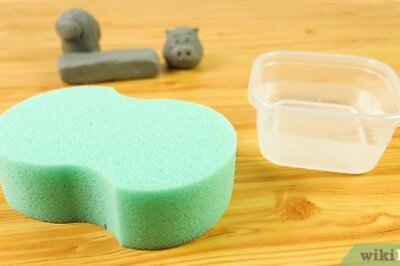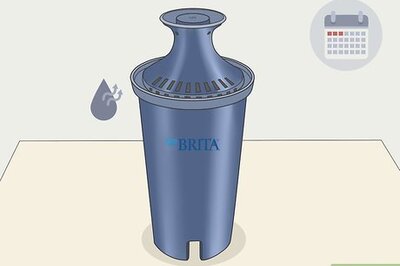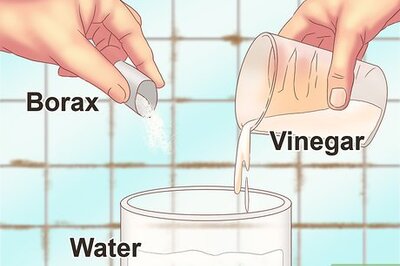
views
Hypothyroidism is a condition in which the thyroid gland produces too little thyroid hormone. As a result several of the bodily functions get impacted. The thyroid gland produces the hormones that regulate metabolism, growth, and development. When the gland is not able to produce enough hormones, it can result in symptoms such as fatigue, weight gain, constipation, dry skin, and depression. The diagnosis of the condition is done through blood tests that measure the levels of thyroid-stimulating hormone (TSH) and thyroid hormones (T3 and T4).
In addition to taking synthetic thyroid hormone replacement medication, certain dietary choices can help aid normal thyroid function.
Food To Consume
The thyroid gland requires certain nutrients to produce thyroid hormones. This includes essential minerals like Iodine, selenium, and zinc. Iodine, for example, is a critical component of thyroid hormones that the body cannot produce itself. Add cheese, milk, iodised salt, saltwater fish, and whole eggs in your diet.
Also, selenium and zinc play a role in the conversion of thyroid hormones into their active form. You can get selenium by adding Brazil nuts, tuna, shrimp, chicken, eggs, oatmeal, and brown rice. Zinc can be found in food items such as oysters, crab, fortified cereals, chicken, legumes, pumpkin seeds, and yogurt.
However, it’s important to note that excessive intake of certain nutrients, such as iodine, can also negatively impact thyroid function, so it’s best to consume these nutrients in moderation.
Food To Avoid
Goitrogens are naturally occurring compounds found in certain foods, such as cruciferous vegetables like broccoli, kale, and cauliflower. These compounds can potentially interfere with the normal function of the thyroid gland by blocking iodine absorption, which is necessary for the production of thyroid hormones.
Isoflavones, the estrogenic compounds present in soy, are found to be impacting the thyroid function. Some experts suggest that excessive consumption of soy could heighten the risk of hypothyroidism. Therefore, it’s advisable to wait for at least four hours after consuming soy-based foods before taking thyroid medication. However, there is no conclusive study to establish that those having thyroid problems should avoid soybean completely.
Other foods to avoid include excessive fibre, processed food, and a sugary diet. You should also limit your intake of alcohol and coffee.
It is always best to consult your doctor to determine the diet approach for you before finalising what to eat or not to eat while facing thyroid problems.
(Disclaimer: The health tips shared in this article are based on common practices and general knowledge. Readers are advised to consult a doctor before following them at home.)
Read all the Latest Lifestyle News here



















Comments
0 comment